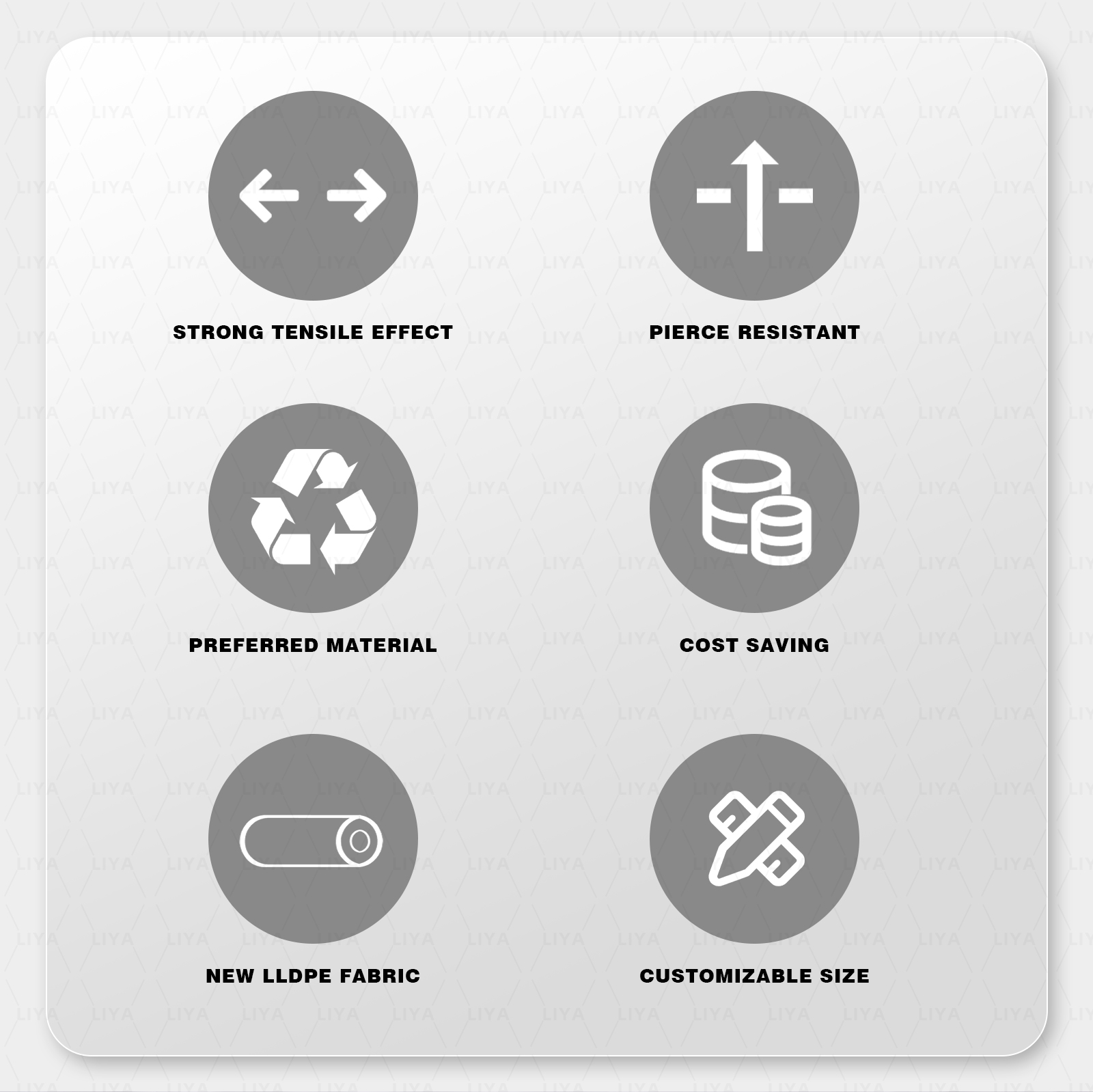Biodegradable Bags for Eco-Friendly Packaging Solutions
The Rise of Biodegradable Bags for Packaging
In recent years, the growing awareness of environmental issues has sparked a significant shift towards sustainable practices across various industries. One of the most notable developments in this movement is the rise of biodegradable bags for packaging. These innovative solutions offer a promising alternative to traditional plastic, addressing the pressing need to reduce waste and protect our planet.
Biodegradable bags are designed to decompose naturally through the action of microorganisms, breaking down into organic matter rather than persisting in the environment for centuries like conventional plastics. Made from materials such as cornstarch, sugarcane, and other renewable resources, these bags offer a more sustainable option that can significantly diminish the ecological footprint of packaging. Unlike their plastic counterparts, which can take hundreds of years to degrade, biodegradable bags can break down in a matter of months under the right conditions.
The benefits of biodegradable bags extend beyond their environmental impact. For businesses, adopting biodegradable packaging can enhance brand image and attract environmentally conscious consumers. As more people seek to support companies that demonstrate a commitment to sustainability, those that utilize biodegradable materials may find themselves at a competitive advantage in a rapidly evolving market. Furthermore, many governments are implementing regulations to curb plastic use, making the transition to biodegradable options not only an ethical choice but also a strategic business decision.
biodegradable bags for packaging

While biodegradable bags are a step in the right direction, it is essential to consider their limitations. The effectiveness of biodegradation largely depends on the conditions in which they are disposed of. For instance, many biodegradable bags require industrial composting facilities to break down properly, which are not accessible in all regions. As a result, there is a need for increased infrastructure and education to ensure that consumers dispose of these bags correctly.
Additionally, the term biodegradable can sometimes be misleading. Not all biodegradable materials decompose at the same rate, and some may still release harmful substances during their breakdown. Therefore, it is crucial for consumers to be informed and cautious when selecting biodegradable products.
In conclusion, biodegradable bags represent a significant advancement in packaging technology, offering a more sustainable alternative to traditional plastics. As our planet faces increasing environmental challenges, the adoption of biodegradable options can play a vital role in reducing waste and fostering a greener future. By making informed choices and supporting businesses that prioritize sustainability, we can contribute to a healthier planet for generations to come.
-
The Best Uses for Small Trash Bags in Daily LifeNewsJul.01,2025
-
Stylish Reusable Grocery Bags TrendsNewsJul.01,2025
-
Shipping Advantages of Using Bubble Envelopes BulkNewsJul.01,2025
-
How Compostable Mailing Bags Reduce Environmental ImpactNewsJul.01,2025
-
Environmentally - Friendly Bulk Poly MailersNewsJul.01,2025
-
Eco Friendly Custom Laminated Tote BagsNewsJul.01,2025
-
Have the freedom of customizing your custom mailers any way you want! Our dedicated packaging support will help deliver you the mailing experience you need to elevate your shipping experience to the next level! Start making a strong impression on your customers and stand out from your competitors! -
LIYA uses high quality raw materials which directly purchased from large enterprises domestic and overseas such as PetroChina, Sinopec, Sabic, Equate, ExxonMobil, Dow Chemical, Total, and Borouge, ensuring the price advantage and quality of the raw materials. -
LIYA uses high quality raw materials which directly purchased from large enterprises domestic and overseas such as PetroChina, Sinopec, Sabic, Equate, ExxonMobil, Dow Chemical, Total, and Borouge, ensuring the price advantage and quality of the raw materials.





